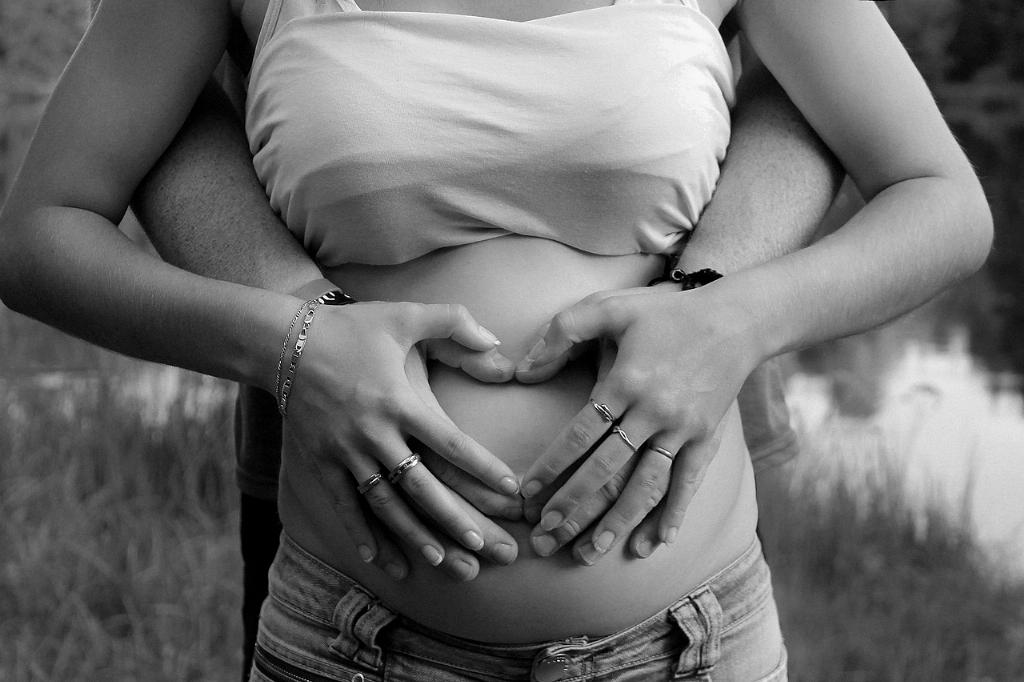When it comes to the unique journey of a twin pregnancy, there are several distinct aspects that set it apart from carrying a single baby. One notable difference lies in the increased appetite that expectant mothers often experience. This heightened hunger is a result of the body’s need for additional nutrients to support the growth and development of two babies simultaneously.
Alongside an increased appetite, twin pregnancies typically require mothers to consume more calories compared to those carrying a singleton. This added caloric intake is essential for providing the necessary energy to sustain the growth of both fetuses and promote optimal health throughout the pregnancy.
Furthermore, the physical demands of carrying twins can be more taxing on the body, leading to a greater need for rest and relaxation. Expectant mothers of twins often find themselves feeling more fatigued and may require additional sleep and downtime to help cope with the demands of pregnancy.
Another crucial factor in twin pregnancies is the importance of adequate vitamin and mineral intake. Ensuring that you are meeting your body’s increased needs for essential nutrients is vital for supporting the healthy development of both babies and reducing the risk of complications during pregnancy.
Hydration also plays a key role in twin pregnancies, with mothers needing to consume a sufficient amount of fluids to stay properly hydrated. Staying well-hydrated can help prevent issues such as dehydration and can support the body’s functions as it works to nurture two growing babies.
Additionally, the increased hormonal changes that occur during a twin pregnancy can lead to a range of symptoms that may differ from those experienced in a singleton pregnancy. From heightened morning sickness to more intense mood swings, these hormonal fluctuations can impact the overall pregnancy experience.
Due to the higher likelihood of complications in twin pregnancies, expectant mothers may also need to undergo more frequent medical monitoring and prenatal care. Regular check-ups and ultrasounds are essential for closely monitoring the growth and development of both babies and addressing any potential issues early on.
When it comes to the physical changes that occur in the body during a twin pregnancy, expectant mothers may notice a more rapid expansion of the abdomen and an earlier onset of visible signs of pregnancy. This accelerated growth is a result of the body adapting to accommodate the needs of two growing babies.
Carrying twins can also impact a mother’s weight gain during pregnancy, with many women gaining more weight compared to those carrying a single baby. This weight gain is necessary to support the healthy development of both fetuses and is a normal part of the twin pregnancy journey.
The emotional journey of a twin pregnancy can also differ from that of a singleton, with expectant mothers often experiencing a mix of excitement, anxiety, and joy as they prepare to welcome two new additions to their family. The prospect of caring for two babies can bring about a range of emotions and considerations that may not be present in a singleton pregnancy.
In conclusion, the experience of carrying twins presents a unique set of challenges and joys that distinguish it from carrying a single baby. From increased nutritional needs to heightened physical and emotional demands, the journey of a twin pregnancy is one that requires careful attention to the specific needs of both mother and babies to ensure a healthy and successful outcome.

